PSYCHOPATHOLOGY AND MENTAL FUNCTIONING: RESEARCH METHODS IN FORENSIC
The objective is to train high-level researchers in the field of psychology and psychopathology applied to forensic and criminological sciences. The program is designed to facilitate students’ acquisition of the competences required to successfully access national and international research contexts. Furthermore, this PhD’s interdisciplinary approach ensures that each student can be supported and explore their specific research interests. The educational program is articulated in advanced institutional courses that deepen the study of research methodology in relation to: i) life-cycle psychology and psychopathology; ii) criminality and deviance; iii) neurobiology; iv) neuroscience and neuroimaging; v) memory and testimony; vi) decision-making processes and biases; vii) assessment and psychodiagnostics evaluation in forensic contexts. Students will be trained on statistics and data analysis including both traditional methodologies and artificial intelligence algorithms. The PhD course requires students to choose between three curricula: Legal Psychology, Forensic Psychopathology, and Forensic Neurosciences, which are interconnected and represent the cornerstone of legal and forensic sciences. The articulation in curricula allows students to deepen field-specific topics through teachings held by national and international experts. The aim of Legal Psychology curriculum is to provide specialized skills for research in the fields of: the assessment of personality, family relationships, parenting capacity, victimology, offenders’ treatment, and adults’ and minors’ witness credibility. The Forensic Psychopathology curriculum aims to hone methodologies useful in the forensic-psychiatry semeiotic research relevant to: the assessment of decision-making capacity, the methodology of conducting a psychiatric expert report, and offenders’ in-patient, out-patient and pharmacological treatments. Lastly, the Forensic Neurosciences curriculum focuses on polishing research methodologies related to: the assessment of cognitive processes (memory, testimony and free will) and decision-making processes in the forensic and legal contexts.
Giorno: 19/9/2022 Ora: 09:00 Aula: Aula A (Edificio CU026 - Piano rialzato) Indirizzo: Viale Regina Elena n.334
Giorno: 7/9/2022
email: pmf.hn@uniroma1.it
PAOLO ROMA
paolo.roma@uniroma1.it


